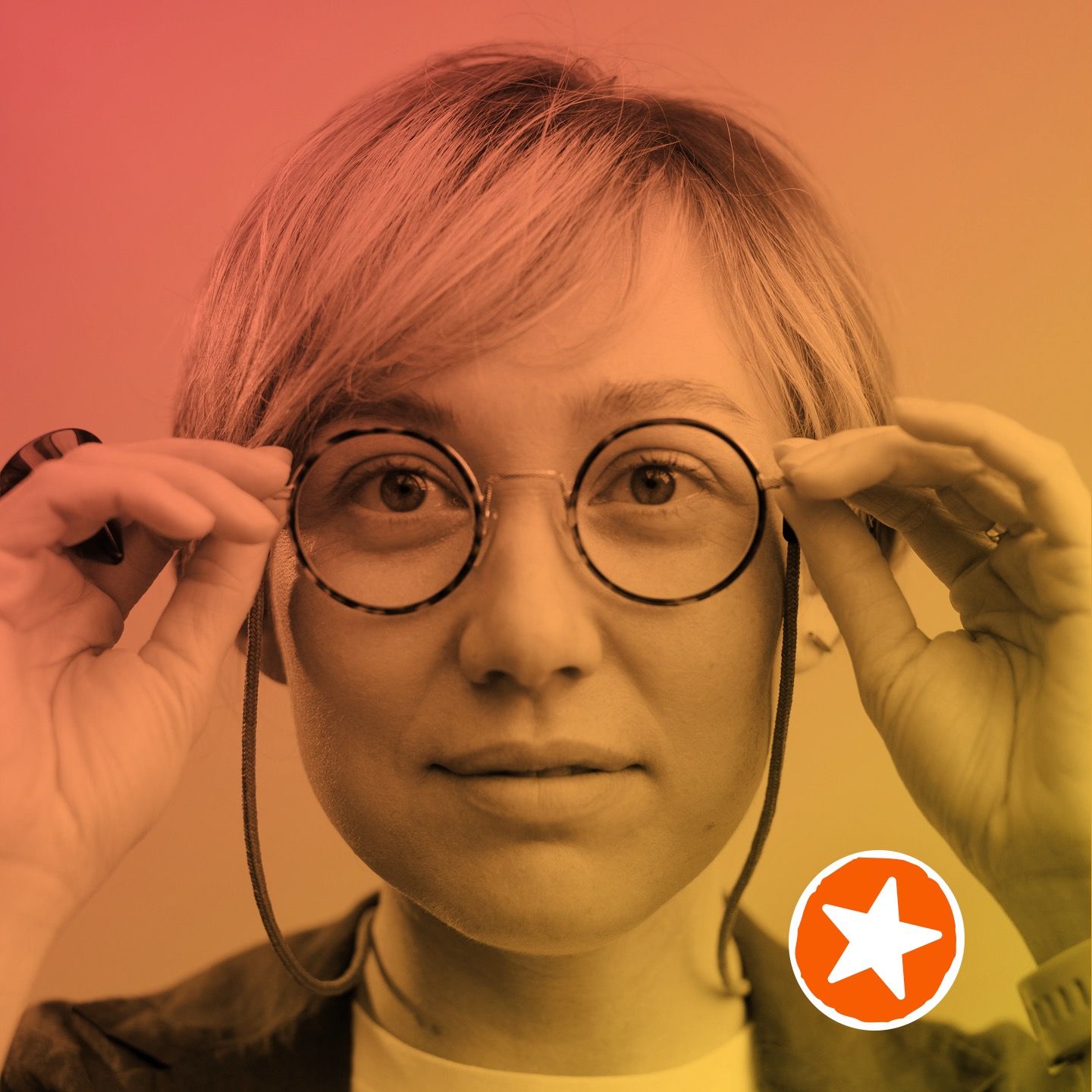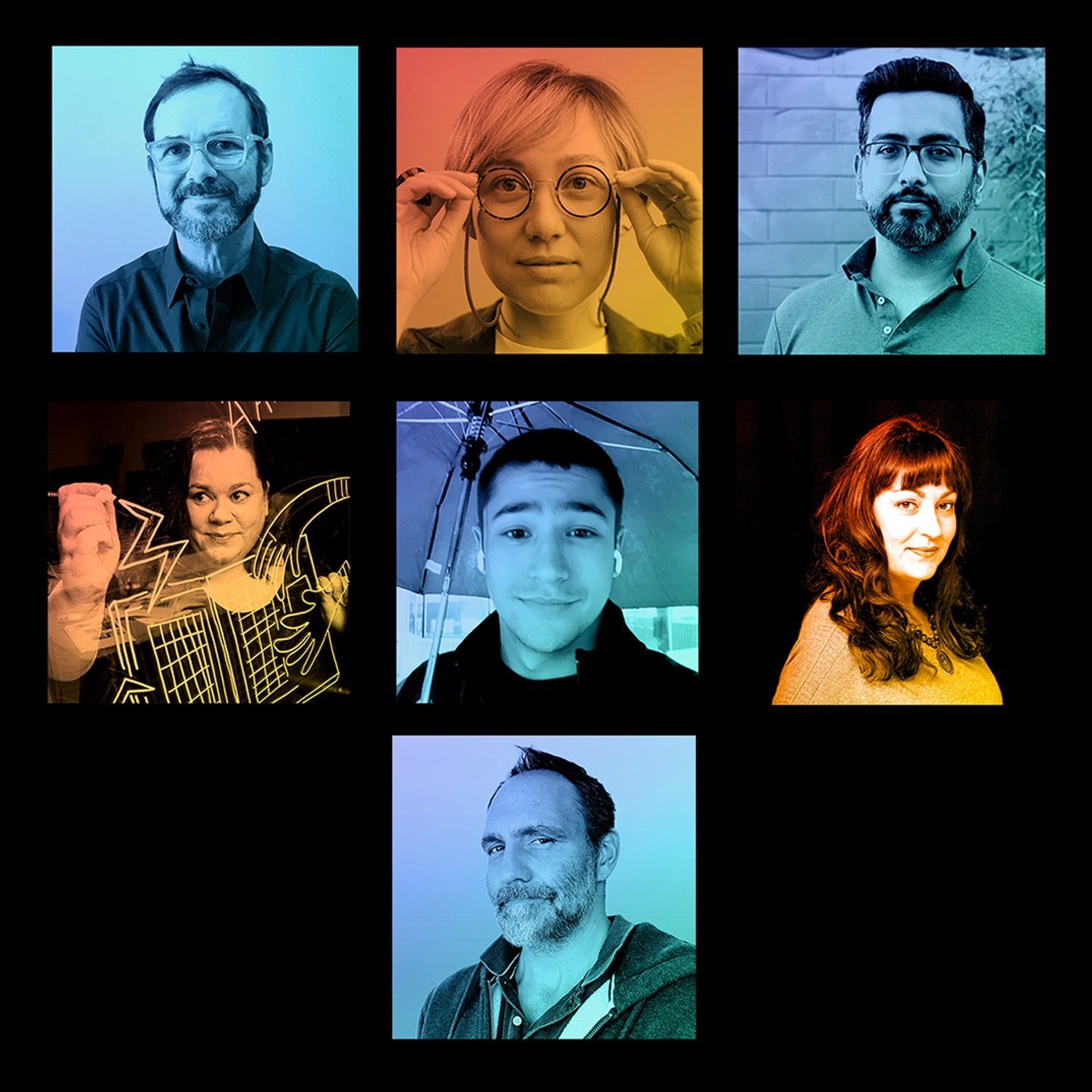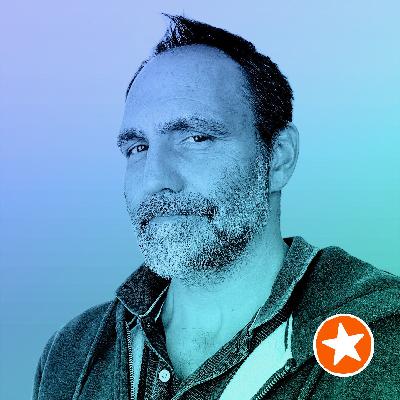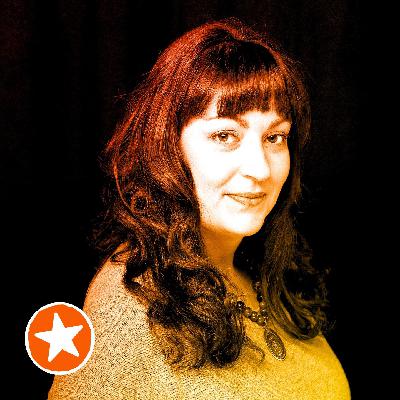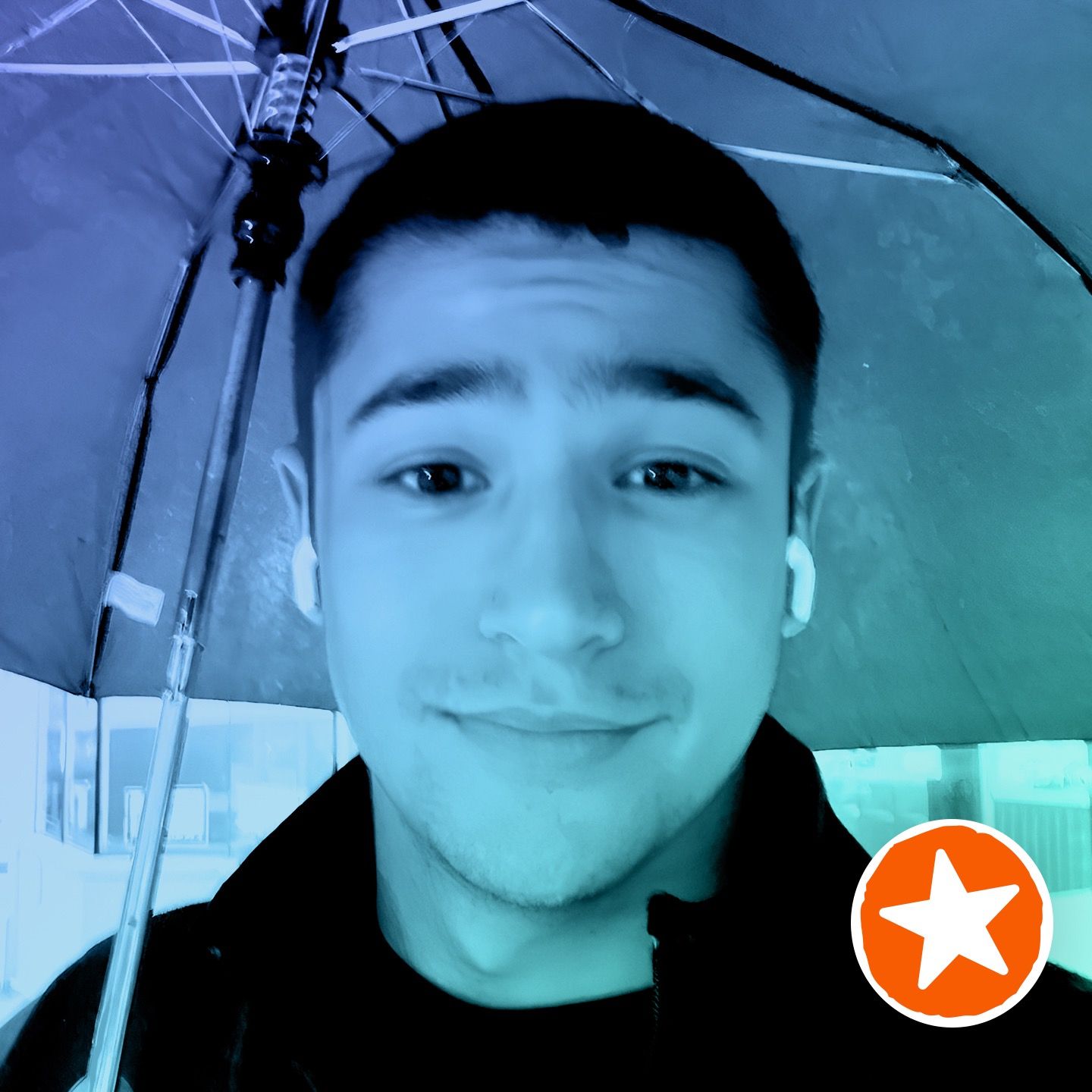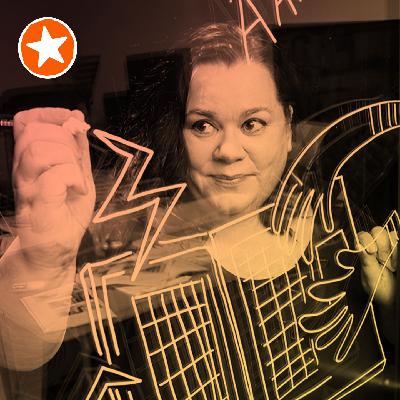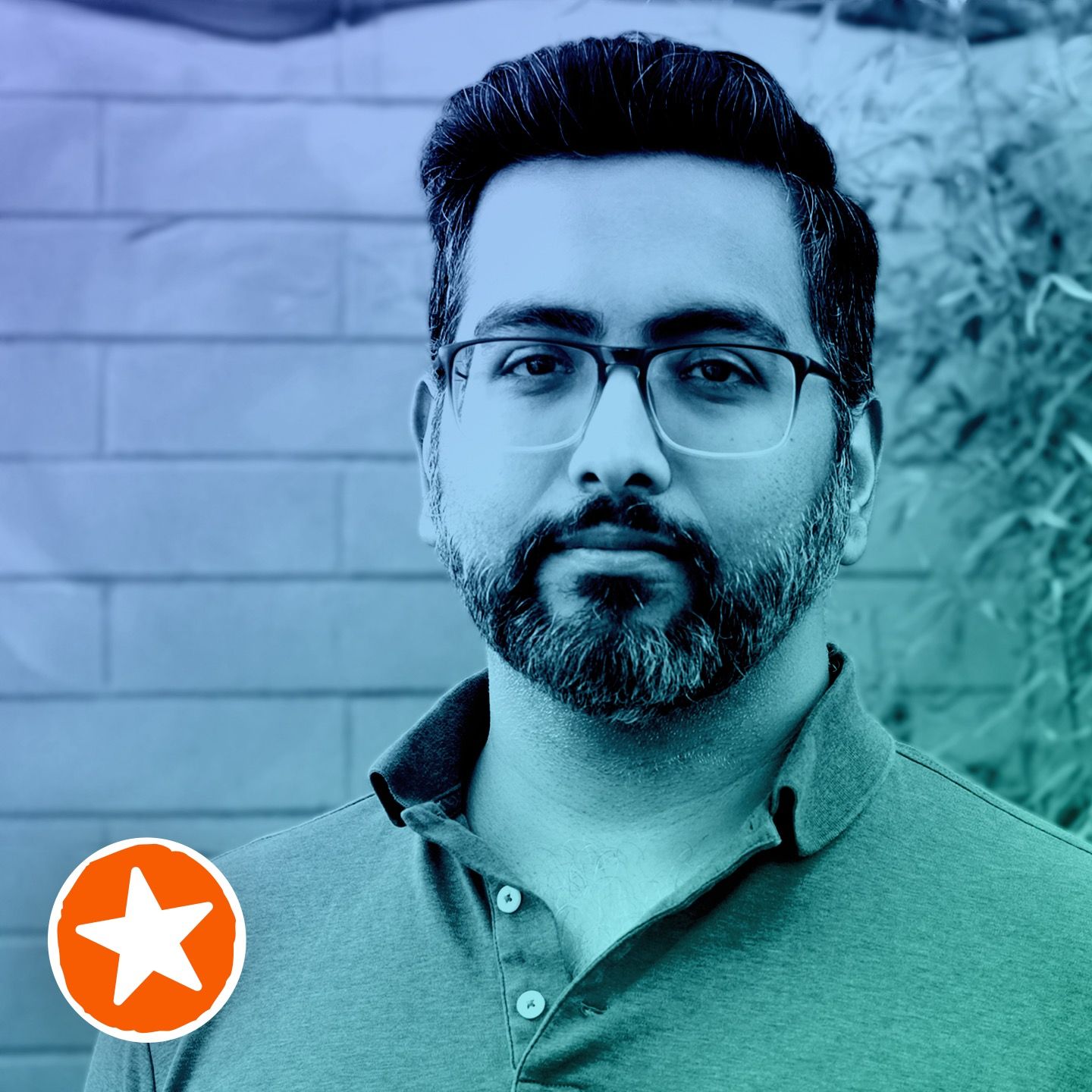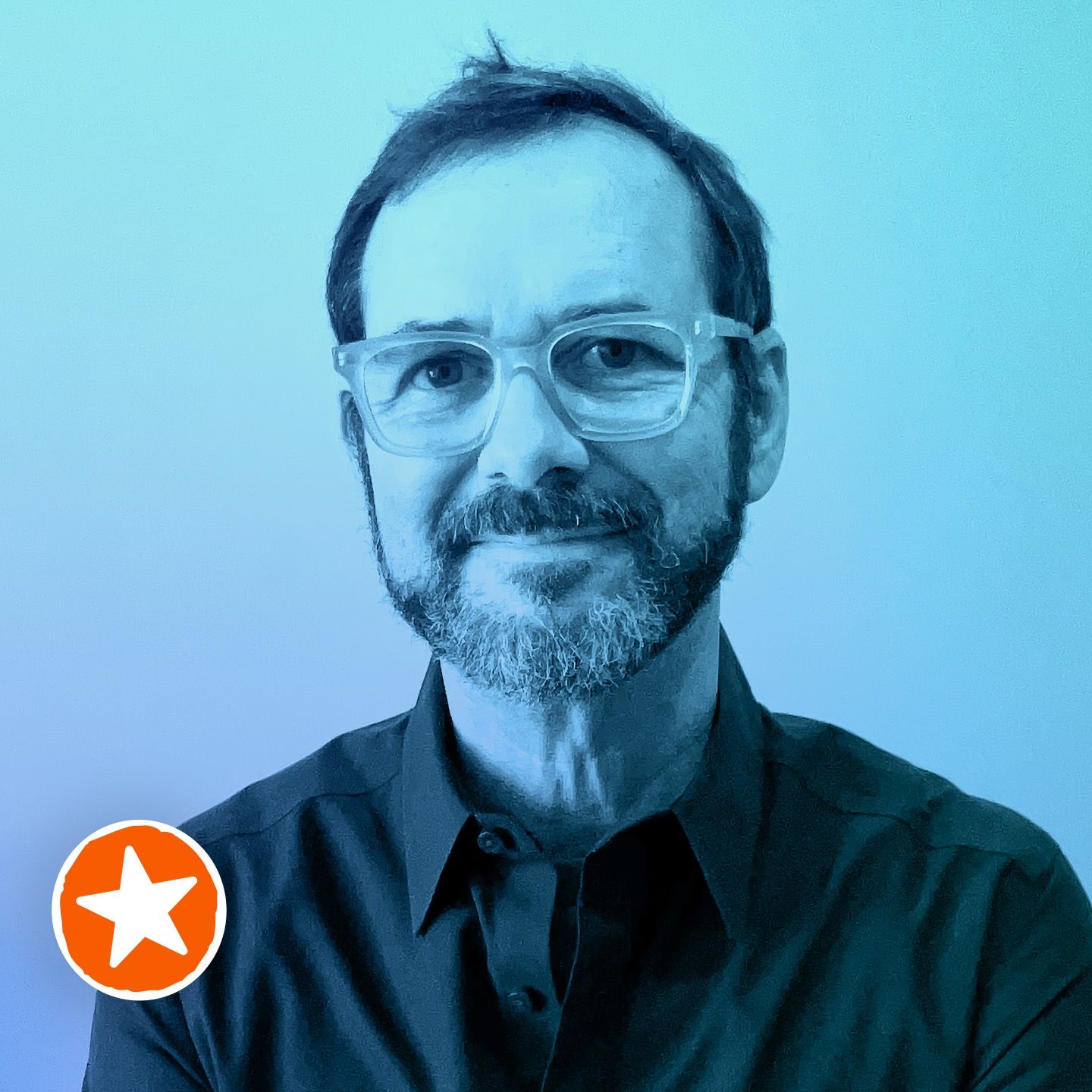Katya Balakina transforms information into engaging visual storytelling - S17/E02
Description
In this episode, Katya Balakina shares her incredible journey from drawing in her early years to becoming a journalist in Russia during a hard time for the country.
She shares her discovery of graphic recording at art school and winning an art contest, which gave her the confidence to pursue art full-time. In this discussion, Katya offers valuable tips and insights from her career as a graphic recording artist.
Sponsored by The Reflective Travel Sketchnote Workshop Video
Have you ever wanted to create travel sketchnotes from an experience you’ve had, just using the photos and memories you’ve got?
In the Reflective Travel Sketchnote Workshop Video, I’ll guide you through my process for creating travel sketchnotes and then help you reflect on your own photos and memories so that you can make travel sketchnotes of your own trips, too!
This 2-hour recorded video includes a set of downloadable, printable sketching templates and a process to kickstart your own travel sketchnoting practice.
All this for just $20.
https://rohdesign.com/travel
Running Order
- Intro
- Welcome
- Who is Katya Balakina?
- Origin Story
- Katya's current work
- Sponsor: Concepts
- Tips
- Tools
- Where to find Katya
- Outro
Links
Amazon affiliate links support the Sketchnote Army Podcast.
Tools
Amazon affiliate links support the Sketchnote Army Podcast.
Tips
- Stop overthinking. You are good enough.
- Simplify your work.
- If your drawing can be a photograph, you are not pushing.
- You are doing everything right.
- It's good to remember that you are not going to one day just create a perfect board.
Credits
- Producer: Alec Pulianas
- Shownotes and transcripts: Esther Odoro
- Theme music: Jon Schiedermayer
Subscribe to the Sketchnote Army Podcast
You can subscribe to the podcast through iTunes, Google Podcasts, Spotify, Amazon Music, YouTube or your favorite podcast listening source.
Support the Podcast
To support the creation, production, and hosting of the Sketchnote Army Podcast, buy one of Mike Rohde’s bestselling books. Use code ROHDE40 at Peachpit.com for 40% off!
Episode Transcript
Mike Rohde: Hey everybody, it's Mike Rohde, and I'm here with Katya Balakina. Katya, it's so good to have you on the show. Thanks for coming.
Katya Balakina: Hi, Mike. Thanks so much for having me. That's very exciting.
MR: Yeah, I've seen your work around mainly on—not Instagram, I think LinkedIn, actually. And really liked how clean and simple, and clear your work was. We were talking about this before we started recording. How did I find you? I'm not totally sure. I suspect it's the algorithm on LinkedIn that sees other graphic recorders and visual thinkers and puts them in our feed.
KB: I guess.
MR: I'm not totally sure, but I'm really happy I did because you seem like a really fascinating person with really nice work, and that's the kind of person that fits really well on the show. So, thank you for being here.
KB: Thanks so much, Mike, and thanks for your kind words about my work. and I guess I didn't waste my time on LinkedIn if it helped you to find me.
MR: Yeah, for sure. For sure. So, the way this podcast works is we first understand who you are and what you do, and then we go right into origin story, sort of bring us back from when you were a little girl and your experiences that brought you to where you are. I think in those origin stories, which I love we can learn a lot about you as a person and how you got where you are, but also, I think it can be beneficial for listeners to think, oh, I'm so different. I can't do that. And then you hear the origin stories and think, oh, wow, you know, Katya actually has a lot of similarities to me, and she's doing it, so maybe I can do this, right? So that's the thinking around origin story. Let's just jump right in. Tell us who you are, what you do, and then go right into your origin story.
KB: Sure. As you mentioned, I'm on LinkedIn, so I do graphic recording, visual notes scribing. I dunno the right way to call it. They're just old terms we use.
MR: Yeah, yeah.
KB: I've been doing that for, I would say, about eight years. Maybe I can say 10, but exclusively more than eight. I've been working as a graphic recorder here in the States for last two years. And before that, I used to work with Scriberia. Your audience probably knows about that company.
MR: In the UK, yeah.
KB: In the UK. Yeah, they're very inspirational. Their work, I would say it's what defines word scribing and graphic reporting for many people. And a lot of people start learning about scribing from like Googling Scriberia stuff. And before that, I graduated art school back in Moscow. And that's where I learned for the first time about graphic recording from my art teacher there. So that's kind of my journey from just hearing about graphic recording and being full-time graphic recorder here in the States.
MR: So, I'm kind of curious, going into your origin story, when you were a little girl, did you always draw since you were little, and then you managed to just keep drawing? Or did you pick up drawing later in life? When did that start for you?
KB: Sorry, I missed the second half of your question. Can you repeat that, please?
MR: Okay. It was, tell me a little bit about when you were a little girl, have you always drawn, or is it something you learned later? How did that happen for you?
KB: I think it happened naturally. I've always drawn, and I have one of the first photographs of me with like a box of markers on the floor. I think I was less than 1-year-old.
MR: Wow.
KB: But since I was born and grew up in Russia in the late '80s, early '90s. Very challenging time, transformational time. Russia was relatively like poor state back then, so I have all those like black and white photographs that look like from I don't know, '20s in America. So yeah, people are having a hard time to believe that those are from my childhood. But yeah, I have like an old black and white picture of myself with markers. Yeah, I have been into drawing and doodling my whole life, but I guess I hear a repeat story of many people who were into this kinda like creative stuff that my parents had an idea that it's impossible to sustain any kind of like, normal life being, I don't know, a doodler whatever, an artist. I don't know, what word would they use back then.
So I grew up with the idea that I do love drawing, but I cannot do it as something real in my life, so I have to find something else. And I became a journalist because I also loved writing. I used to work like a kid journalist for a local newspaper in our super tiny city. I grew up in a very rural area. And so, that was like, I dunno, I had 10 readers maybe, but I was super into it, and I was making illustrations for the newspaper and writing text. So since I thought art is not gonna be helpful for my future career, I decided to become a journalist. And I spent 80 years being a journalist in Russia. I used to work as a radio journalist, but then—my Google keeps showing me weird notifications. Sorry. Let's hope it's—
MR: That's okay.
KB: Yeah. Let me click something here. So yeah, by 2012, it became kind of dangerous to keep being a journalist in Russia, so I had to make a decision between am I staying in that field being a journalist, and being ready to get assaulted or whatever could happen, or should I compromise and only be like a good journalist talking about good things, or I should choose something different. And I decided to quit journalism and pursue art career because by that age, I would say I overgrew fears that art is not good to sustain like a normal life.
MR: You felt like then at that point, you could actually make artwork, probably as a journalist, and being aware as you grew, you probably realized there were things you could do that were different than journalism.
KB: For sure. Also, that happened that around that time I used to work as a journalist in Perm. It's like a regional city in the middle of Russia. And around the time I was a journalist there, the city had an art contest. I accidentally won. I didn't have plans of winning. My friend told me, "Hey you might wanna try." And I tried and I won. And it gave me a huge, like, self-confidence boost that I can actually do something with art.
MR: Wow.
KB: And yeah, by the time I quit journalism, I had like a very shy idea that I can do something art-related. But I didn't know what, I started thinking about illustration. I moved to Moscow started art school there. So I have a degree in editorial illustration, but again, I don't know, I felt that I cannot express myself fully with editorial illustration. And I kept putting little notes next to my drawings all the time. Some kind of like speech bubbles or littl

